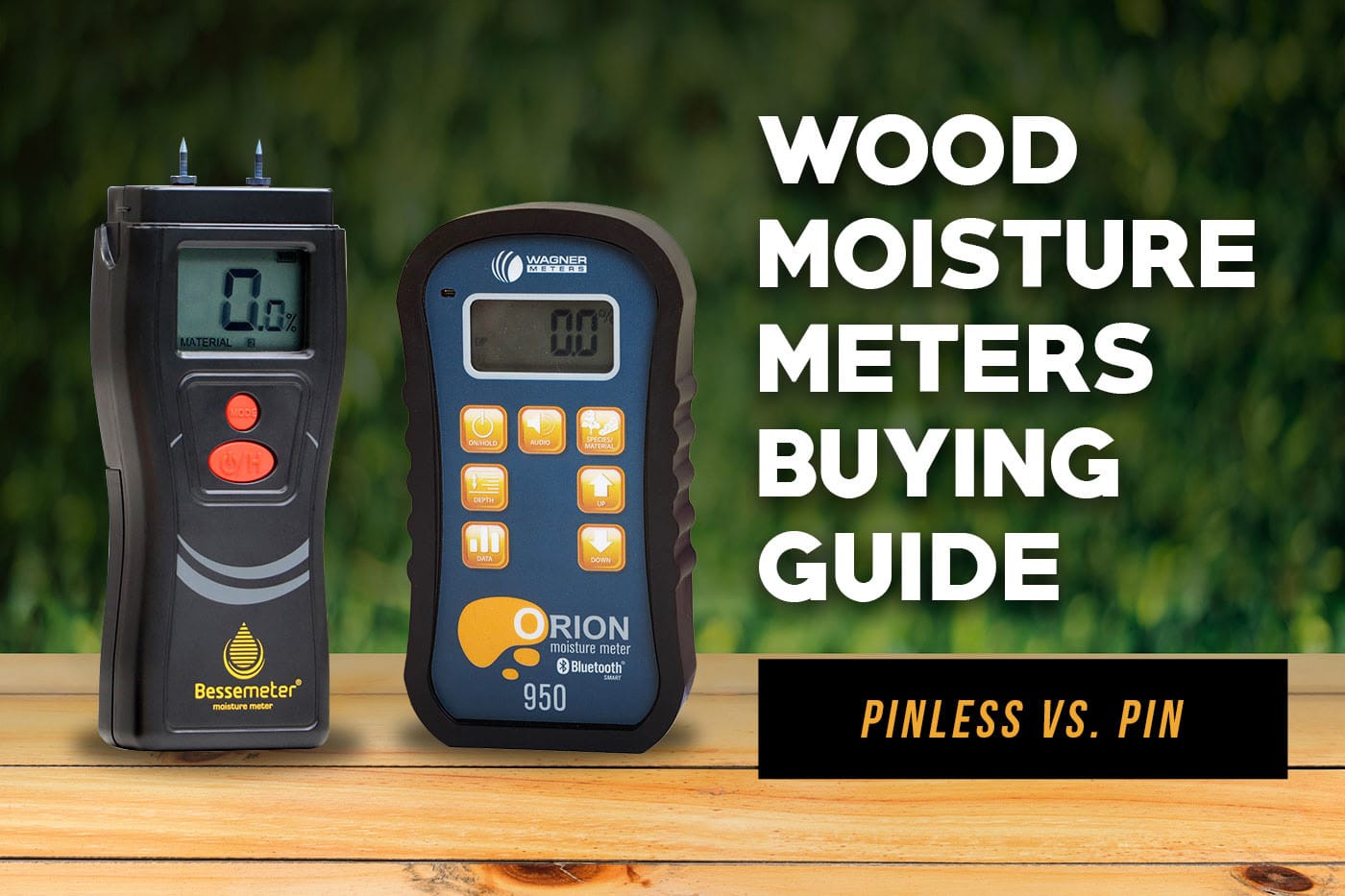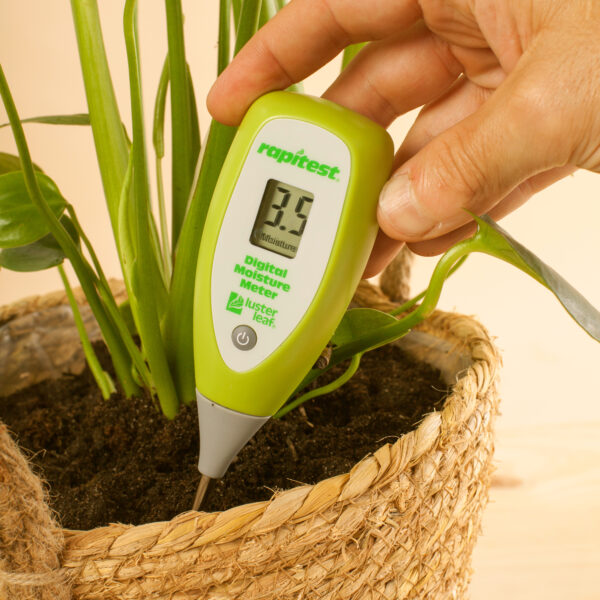Recognizing the Various Types of Moisture Meters and Their Applications
Recognizing the Various Types of Moisture Meters and Their Applications
Blog Article
The Ultimate Overview to Dampness Meters: A Comprehensive Overview and Exactly How They Can Conserve You Money
Moisture meters offer as important tools in finding and keeping track of moisture web content in products, aiding in protecting against pricey damages and ensuring the high quality of items. Understanding the nuances of various kinds of moisture meters, their applications, and the potential cost-saving advantages they offer can be a game-changer for professionals and organizations alike.
Types of Moisture Meters
One common type is the pin-type dampness meter, which gauges the electrical resistance between two pins inserted right into a material. Pinless wetness meters, on the various other hand, usage electromagnetic sensor plates to scan a larger area without triggering damage to the material's surface area.

Infrared moisture meters gauge the thermal residential or commercial properties of a material to determine its wetness content non-invasively, making them valuable for applications where pin or pinless meters may not be suitable. Understanding the different types of wetness meters offered can assist sectors pick the most appropriate tool for their particular moisture dimension demands.

Benefits of Using Wetness Meters
Wetness meters use indispensable advantages in accurately keeping track of and assessing wetness degrees in varied materials and environments (Moisture Meter). One of the main benefits of using dampness meters is the avoidance of possible damages triggered by excess wetness. By detecting and dealing with high wetness degrees beforehand, wetness meters aid to avoid mold and mildew development, rot, and architectural damage in buildings, saving both time and money on repairs. Additionally, wetness meters help in making certain the top quality of materials throughout building and construction or manufacturing processes. By accurately measuring dampness web content, these tools help maintain the stability of timber, drywall, concrete, and various other products, decreasing the risk of failings or flaws.
Additionally, utilizing wetness meters can bring about enhanced power performance. By identifying areas with high dampness levels, such as leakages or bad insulation, adjustments can be made to boost power preservation and lower utility prices. In agricultural setups, moisture meters play a critical role in maximizing crop returns by making it possible for farmers to check dirt moisture degrees and make notified watering choices. In general, the benefits of using wetness meters cover across different industries, providing cost-effective solutions and promoting far better quality assurance methods.
How to Pick the Right Moisture Meter
When choosing a wetness meter, it's essential to make certain that the meter is suitable for the details material you will certainly be testing. Various materials have varying electrical residential properties that can affect moisture analyses, so choosing a meter designed for your material is essential for accurate results. By meticulously assessing these factors, you can choose a wetness meter that satisfies your demands and supplies exact wetness measurements for your tasks.
Appropriate Techniques for Dampness Meter Usage

Cost Cost Savings Via Wetness Meter Applications
Just how can the critical usage of moisture meters lead to substantial price financial savings across various sectors? In the farming sector, dampness meters help in determining the optimum time for harvesting crops, preventing excess or over-drying moisture that can affect the last product's top quality.
Likewise, in building you can try these out and construction, wetness meters help prevent pricey problems by spotting moisture levels in structure materials, such as wood or concrete, which can cause architectural concerns otherwise addressed promptly. By recognizing problem areas early on, service providers can take corrective procedures to avoid substantial fixings or substitutes, inevitably conserving time and money.
Furthermore, in the food processing market, dampness meters are crucial for keeping an eye on product top quality and making sure conformity with safety and security guidelines. By accurately determining wetness material in food, producers can protect against perishing, keep freshness, and decrease waste, causing significant expense savings. On the whole, the calculated application of dampness meters is a beneficial financial investment that can lead to considerable expense reductions and boosted here performance throughout different markets.
Final Thought
In conclusion, dampness meters are valuable devices for spotting and measuring dampness degrees in various materials. By making use of the right dampness meter and adhering to proper methods, users can successfully avoid costly damages caused by excess dampness.
Dampness meters serve as indispensable devices in finding and checking moisture content in materials, aiding in preventing costly problems and making certain the high quality of products. Infrared dampness meters determine the thermal homes of a material to determine try these out its dampness material non-invasively, making them helpful for applications where pin or pinless meters might not be ideal.Wetness meters offer important benefits in properly keeping track of and examining wetness degrees in varied products and settings. In farming setups, wetness meters play an essential duty in optimizing crop yields by enabling farmers to check dirt moisture levels and make informed watering decisions.In final thought, dampness meters are useful devices for determining and discovering dampness levels in different products.
Report this page